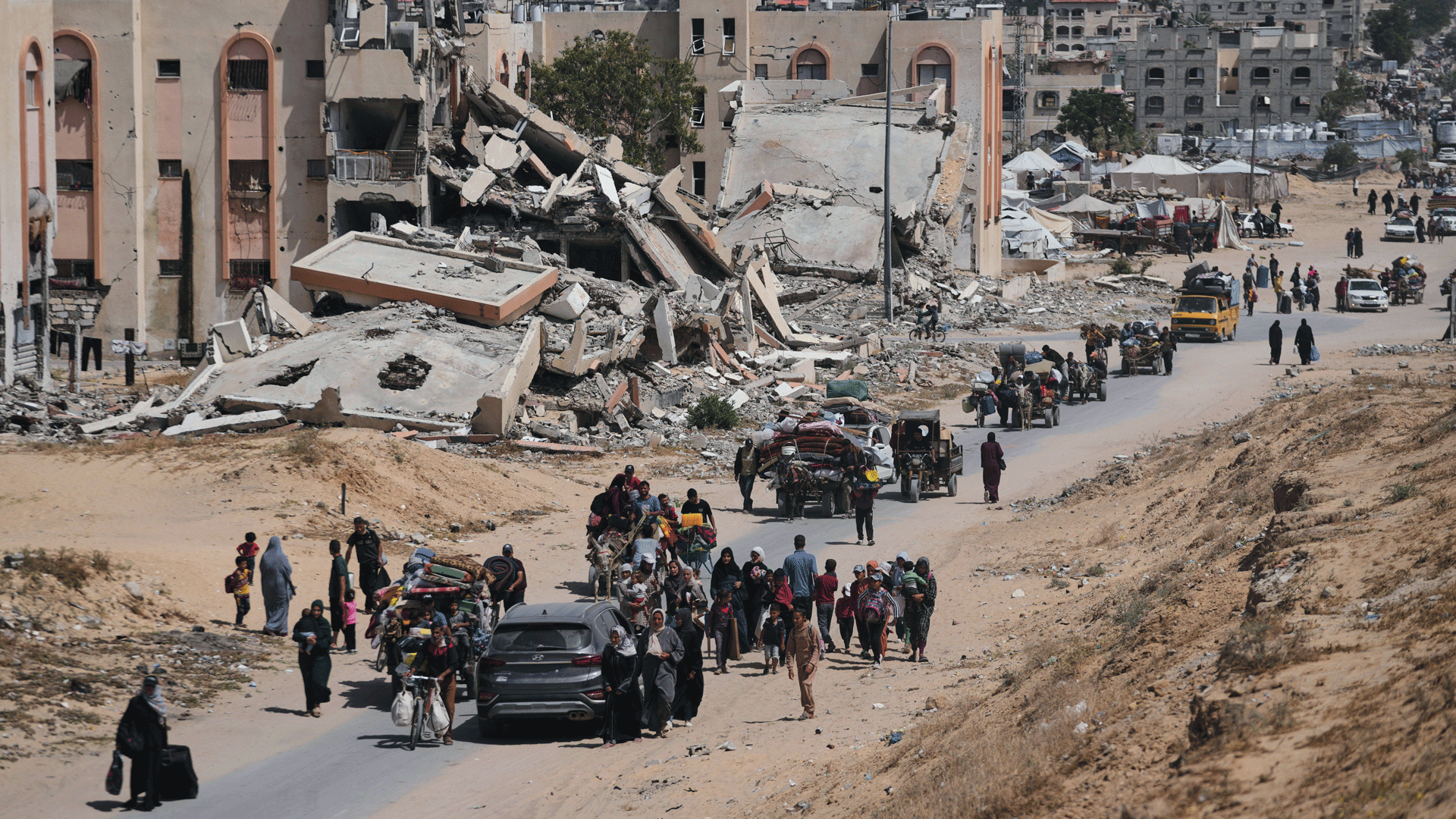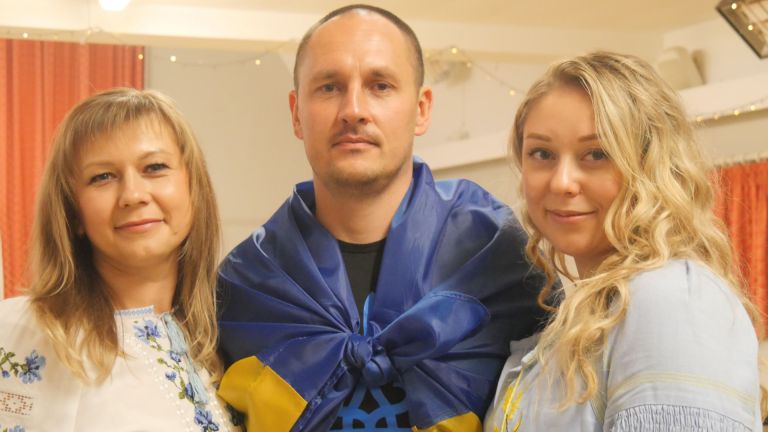Our aid agency has saved over 100,000 lives across Khan Younis and wider Gaza over the last 19 months. Within weeks, days and in some cases hours, it may have been in vain. Muslim Aid was shut out of the strip, along with all the other internationally recognised humanitarian agencies, when Israel imposed its second blockade on 2 March. Our medical checks continue, records accruing of a population wasting away.
On 15 April we delivered our most recent food parcels to Khan Younis, a region since Monday subject to a forced displacement order following a government minister’s sickening stated goal to “completely destroy and cleanse” Gaza.
Israel announced the immediate evacuation of Khan Younis on 19 May, warning it would from that moment become a dangerous combat zone. True enough, within hours infants out looking for bread featured among the first dozens killed in airstrikes and warnings were made of an “unprecedented attack”.
A British doctor working in Khan Younis has compared the city to Stalingrad.
Across central Gaza, parents are grinding animal feed to make bread. Children are sifting through flour infested with insects to end up with rotten flour. Hospitals are performing surgeries and amputations without anaesthesia. Children queue for hours in the hope of a single meal. After 11 weeks of a still barely permeated blockade on food and medicine, Gaza’s over two million people are not just enduring a war, deemed a genocide by Amnesty International, they are being starved in plain sight.

The UN warns that the risk of famine spreads across all of Gaza, with food production obliterated and aid barely being let in following the latest two month blockade. The Integrated Food Security Phase Classification (IPC) reports that 93% of the population is experiencing crisis-level hunger. With prices of basic staples having skyrocketed, a bag of flour, if available, costs nearly 20 times its pre-war price.









